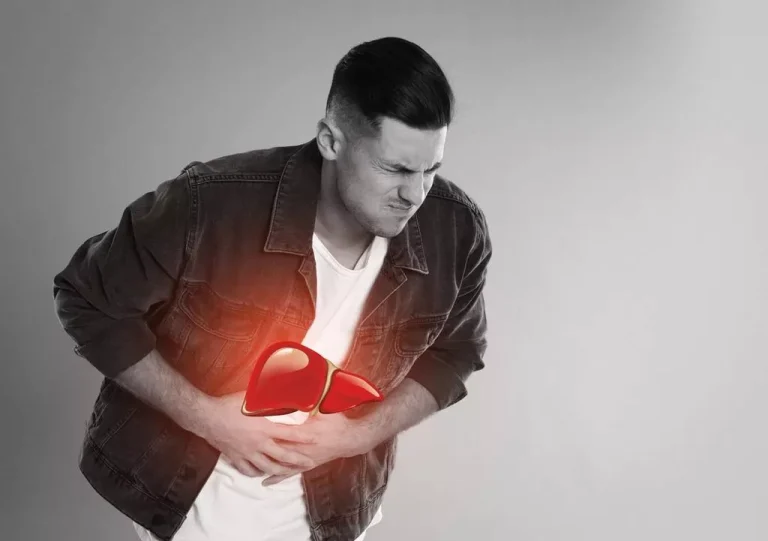
Alcohol can cause both short-term effects, such as lowered inhibitions, and long-term effects, including a weakened immune system. Cellulitis is a bacterial infection of the skin’s deeper layers that causes pain, swelling, and, redness in the skin’s infected area. It’s a common infection, but it can cause serious health complications if left untreated and spread breaks in the skin, such as cuts, bites, ulcers, and puncture wounds, which can allow bacteria into the skin. This condition occurs when bacteria enter the chest cavity’s pleural space, typically due to pneumonia or a post-surgery infection. When alcohol damages the gastrointestinal tract’s barrier, bacteria and toxins can enter the bloodstream easily, potentially leading to septicemia and sepsis.
Alcohol Use As a Risk Factor in Infections and Healing: A Clinician’s Perspective

Your immune system has several different cell types, each of which has a different but very important job to help keep you healthy. Her inflammatory bowel disease (IBD) had been in remission for two months, and she felt like her life had gone back to normal. At a work event, after just a couple drinks, she began to feel queasy and then started vomiting so violently that a friend took her to the emergency room. When the 23-year-old New Yorker asked her doctor about the experience, he suggested she cut back on drinking if it was making her symptoms worse. “If you have a family history of alcohol abuse, or are at risk, or have been an abuser in the past, we are not recommending you go out and drink to improve your immune system,” says Messaoudi.

How alcohol impacts the gut
Alcohol intake kills this bacteria, hindering the body’s ability to clear pathogens. Without healthy gut bacteria, viruses and infections can worsen and develop into more severe complications. Alcohol also damages T cells, neutrophils, and epithelial cells, which disrupts the gut barrier’s function. Such studies can be challenging to conduct does alcohol weaken your immune system in humans because of difficulties in obtaining accurate medical histories, maintaining adherence, confounding factors such as diet, sleep-wake cycles, and ethical considerations when studying large doses of ethanol. Rodent studies offer several advantages such as availability of transgenic models that can facilitate mechanistic studies.
Alcohol and Viral Hepatitis: Role of Lipid Rafts
It is characterized by the release of mediators of inflammatory reactions, such as cytokines and chemokines, as well as activation of the complement cascade. In addition, viral infections induce the production of various IFNs and acute-phase proteins. Their main role is to capture, ingest, and process antigens in order to present them on their surface https://ecosoberhouse.com/article/best-way-to-flush-alcohol-out-of-your-system/ to cells of the adaptive immune response (i.e., to the T-lymphocytes). Thus, dendritic cells play a crucial role in linking innate and adaptive immune responses. Lastly, NK cells are abundant in the liver (Gao et al. 2009) and recognize cells that have low levels of a protein called class I major histocompatibility complex (MHC) on their surface.
- After eliminating pathogens by phagocytosis, the monocytes exhibit pathogen-derived proteins and other molecules (i.e., antigens) on their surfaces.
- One of the most significant immediate effects of alcohol is that it affects the structure and integrity of the GI tract.
- When you stop drinking, you might notice a range of physical, emotional, or mental health symptoms that ease as soon as you have a drink.
- In addition to pneumonia, alcohol consumption has been linked to pulmonary diseases, including tuberculosis, respiratory syncytial virus, and ARDS.
Chronic kidney disease (at any stage)
- Upon LPS binding, monocytes become activated, mature into macrophages and migrate into tissues where they respond to infection by secreting various cytokines, recruiting additional leukocytes via production of chemokines and presenting pathogen-derived peptides to T cells to activate them.
- “After an episode of binge drinking, the ability of the innate immune system — the first line of defense in the body for detecting and destroying foreign invaders — to fight infections is reduced,” Koob says.
- Monocytes and macrophages are leukocytes with a single-lobed nucleus that also act as phagocytes and which therefore also are called mononuclear phagocytes.
- According to the National Institute on Alcohol Abuse and Alcoholism (NIAAA), moderate drinking is defined as no more than four alcoholic drinks on any single day for men and no more than 14 in total over a week.
- Additionally, alcohol prevents fMLP-mediated upregulation of CD11b and adhesion efficacy and increases membrane tether length and membrane growth up to three times [205].
- Their article also highlights how the combined effect of alcohol and injury causes greater disruption to immune function than either challenge alone.
- Analyses of alcohol’s diverse effects on various components of the immune system provide insight into the factors that lead to a greater risk of infection in the alcohol-abusing population.
What Does Alcohol Do to Your Body? 9 Ways Alcohol Affects Your Health
Moderate alcohol consumption and the immune system: A review

